A common refrain in criticism of season 11 of Doctor Who was that it had become ‘too political.’ Certain segments of the fandom bridled against episodes they perceived as overly politically correct: tackling racism in “Rosa,” colonialism in “Demons of the Punjab,” consumerism (albeit cackhandedly) in “Kerblam!,” and sexism in “The Witchfinders.” It also featured subplots about a pregnant alien that resembled a male human, which drew almost as much ire as the awesome rubber space frog alien god thing.
Showrunner Chris Chibnall recently spoke to fans at a screening of the New Year’s special “Resolution,” where he explained how important he felt it was that Doctor Who not shy away from having a political point of view.
“I think it’s fundamental. I think you want to be writing about the world that we live in. The show is not a standalone thing, it’s a response to the times that we’re living in and the world that we’re in. And when it comes to things that affect people’s lives – I think particularly things that children and young adults are going through – that feels really important. I think the character of the Doctor, and [her friends] as well, is a great conduit into discussing all that…and then you add monsters as well.”
I wholeheartedly agree with him here. What exactly is the point of science fiction and fantasy if it’s not a vehicle to examine contemporary culture through a fictional lens? From Jules Verne on, sci-fi in particular has been fiercely political, and in the history of the show, Doctor Who has never been shy about using a fantastical situation as an allegory for something its audiences will be familiar with. To give just one example, the origin of the Daleks is a political story about the dangers of nuclear weapons (the planet of Skaro was devastated by a nuclear war).
In short, tackling social issues is baked into the very DNA of Doctor Who. Those arguing that it should be less political may as well be arguing that the show should ditch the TARDIS.








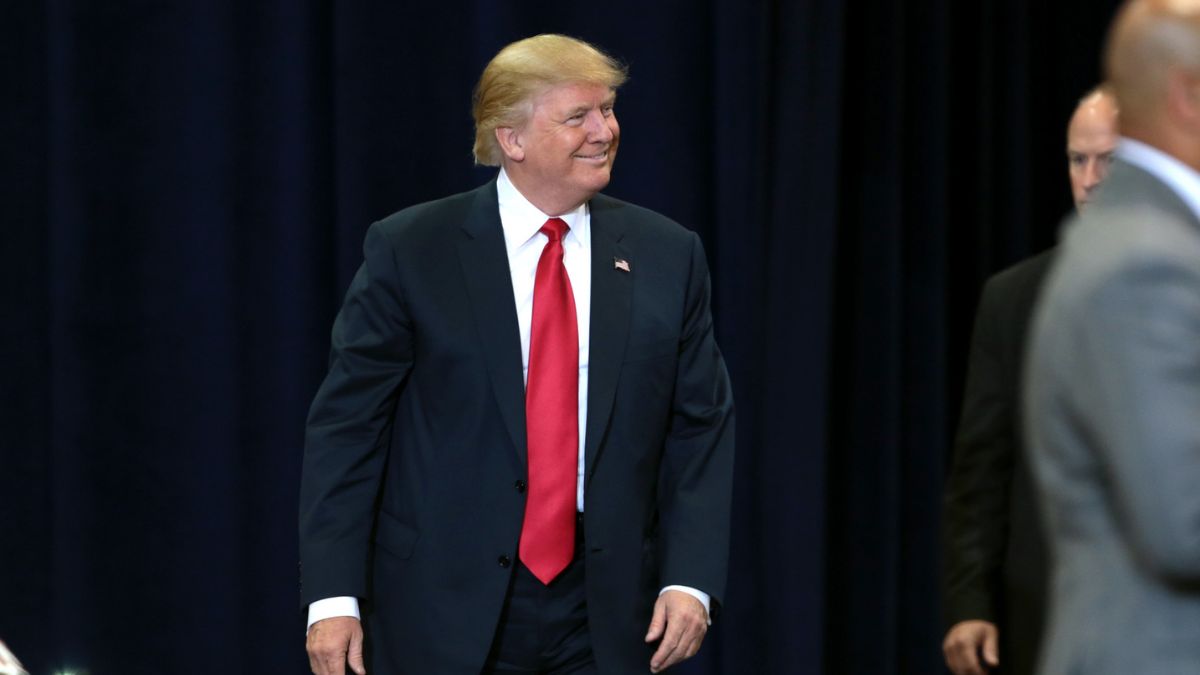
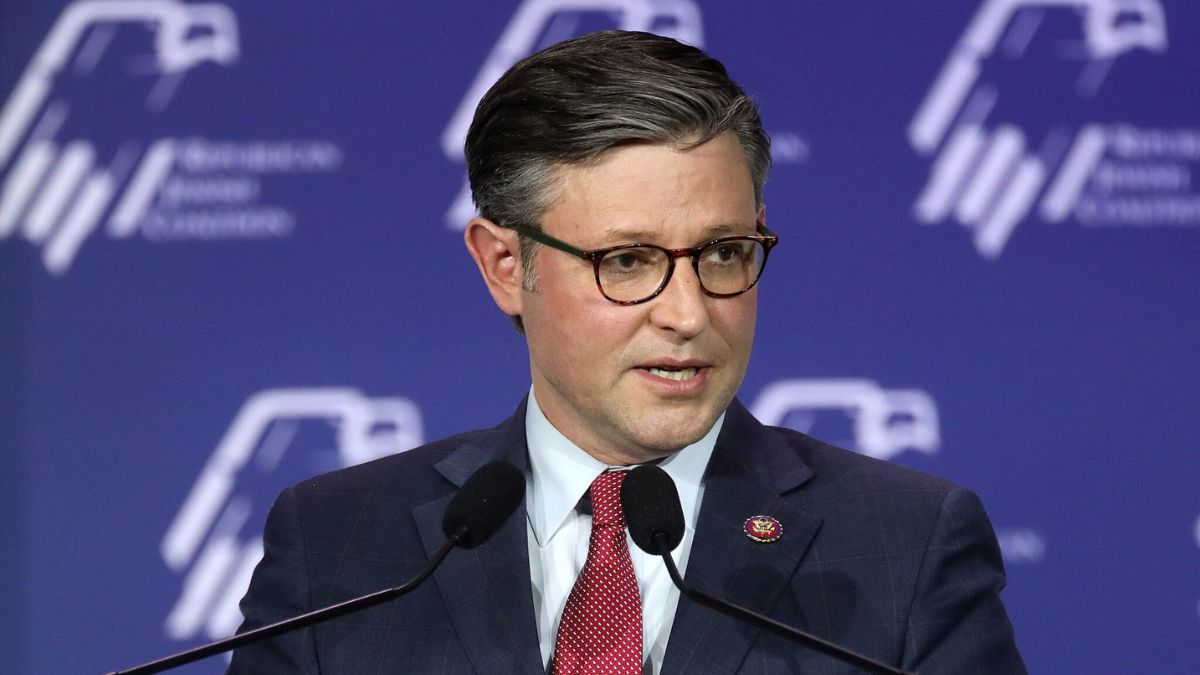

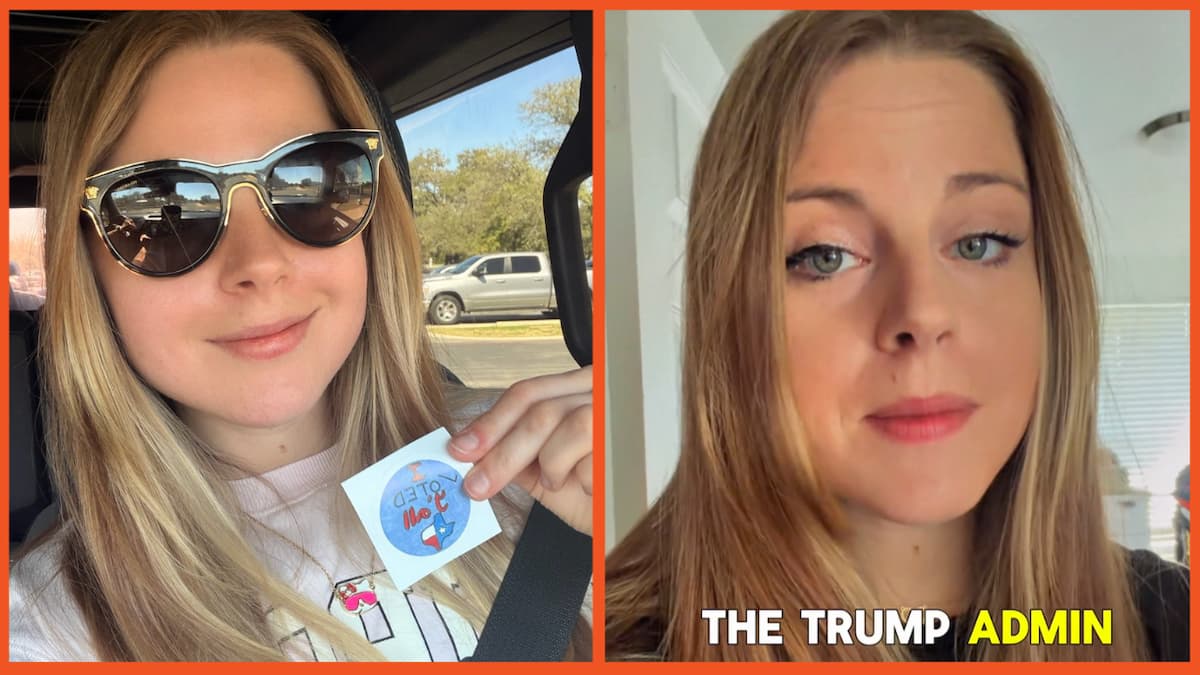
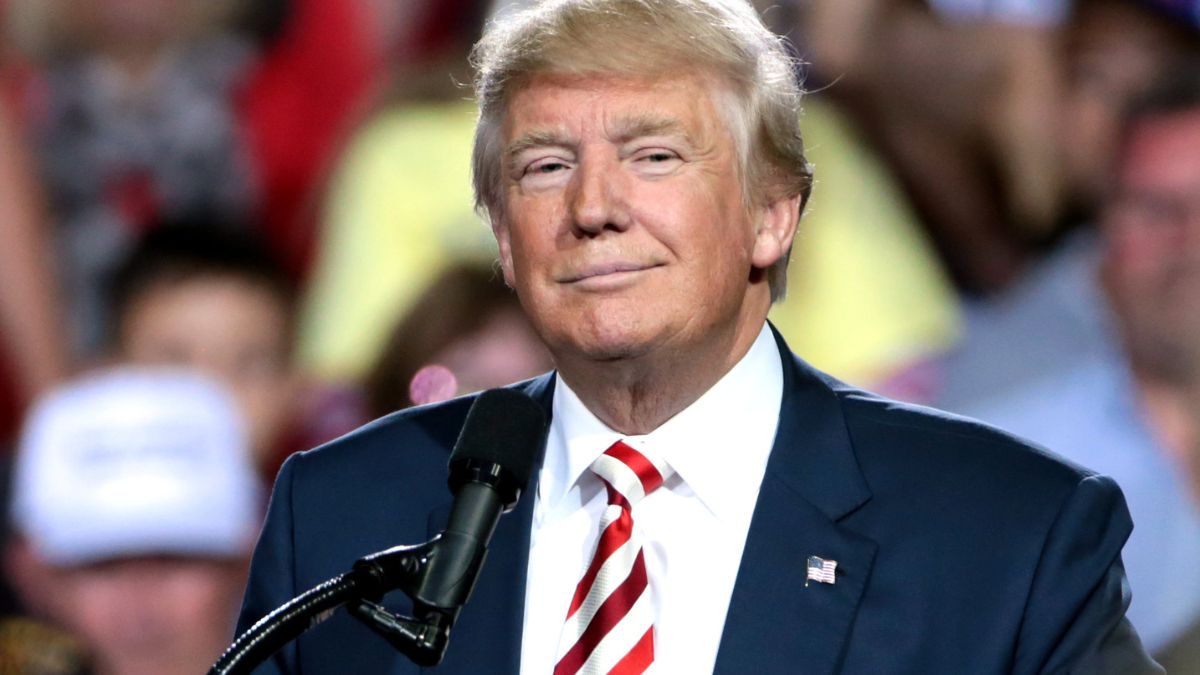
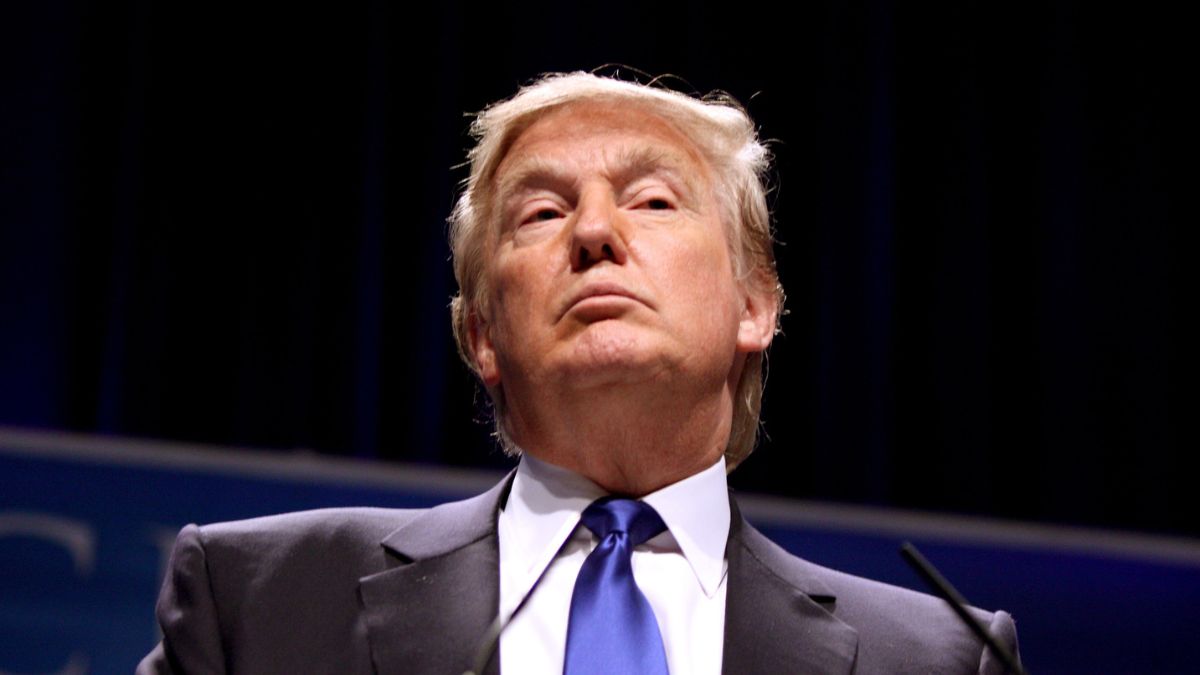
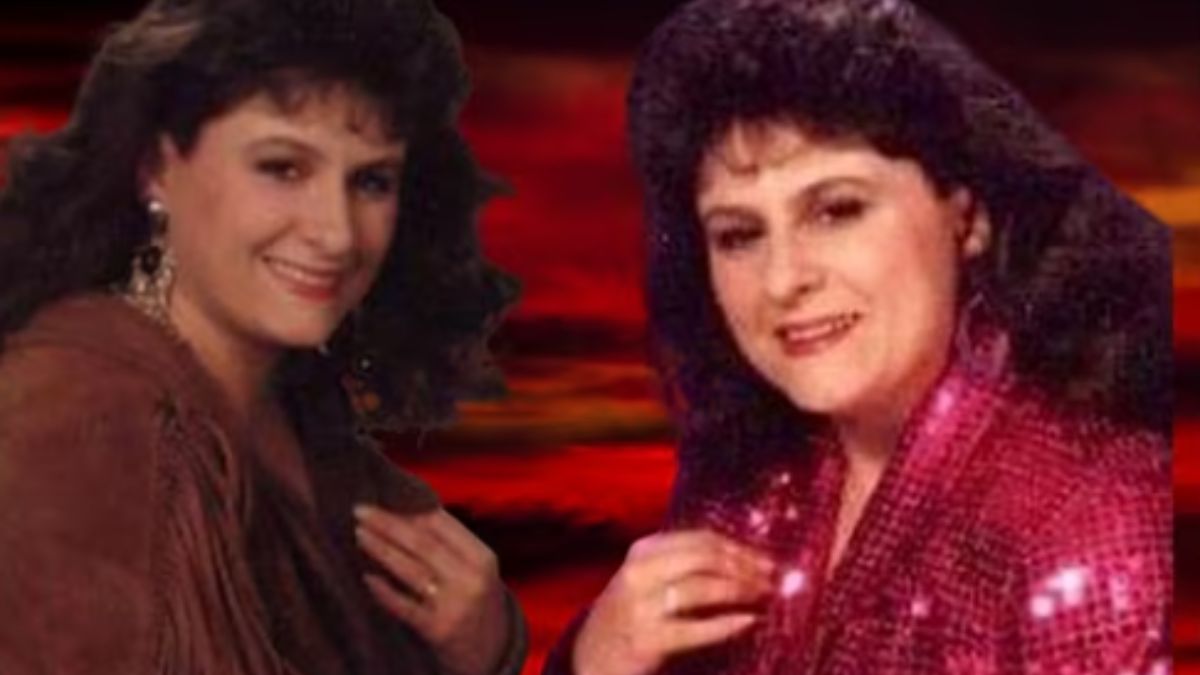
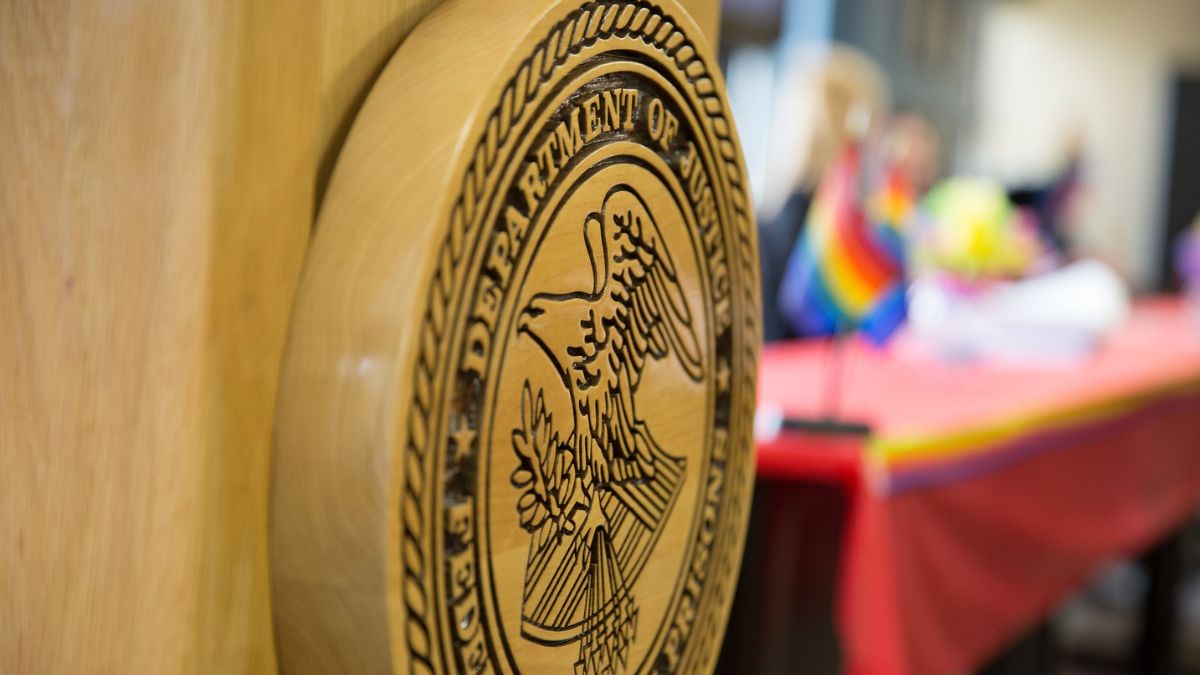

Published: Jan 8, 2019 01:37 pm